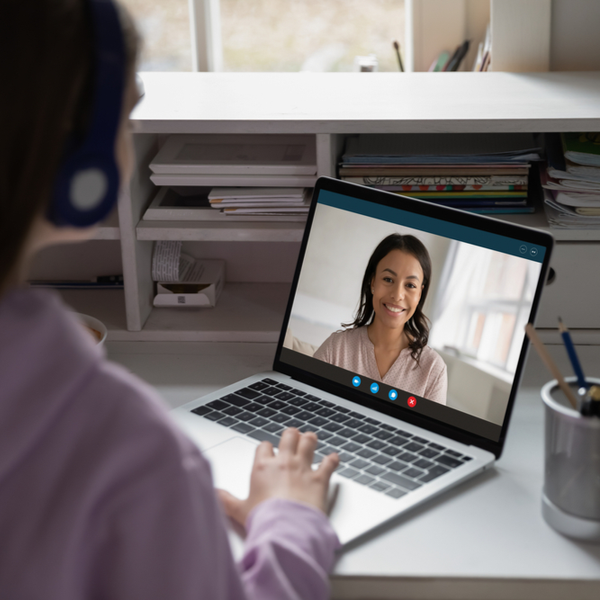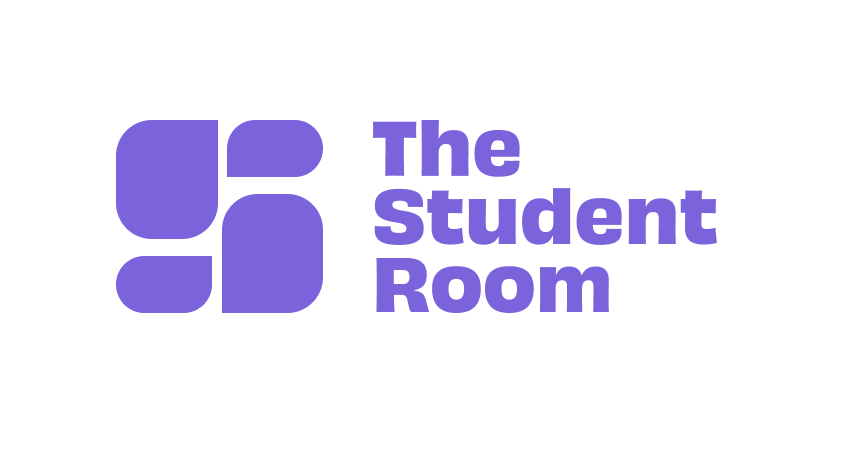The new normal: student recruitment in 2021
Assets from webinar held on 29 September 2020
We delve into the new Year 13 audience, and how to make the most of your events in a pandemic climate. Get the recording, slides and key takeaways.
Watch the webinar recording:
The new normal: student recruitment events in 2021
Presenter: Lorna Greville (Education Specialist/Account Director)

The new Year 13 audience
As our onsite engagement shows, the new Year 13s are researching university earlier than ever before.
In the past week alone, (w/c 21 Sep 2020) we've seen huge year-on-year growth in engagement in many areas, to name a few: overall posting (+43%), rep given (+32%), dwell time (+13%), and 'personal statement reviews' pageviews (+111%).
So what can we tell you about Year 13?
- They are very active on study forums - We're seeing huge growth in engagement in key forums that relate to applications (e.g. qualification-related forums). Students have missed out on schooling due to the pandemic, so they are turning to The Student Room for help with their learning so that they get the grades they need for university.
- They are new to higher education, so you can't assume they know what you know - Avoid lingo, sector terminology or acronyms. Never say UG when you mean undergraduate. Also, make it really easy for students to navigate your campus or virtual experiences by testing your way-finding and signposting.
- They look at the course first - Take every opportunity to talk about your courses, especially in the key window of September to November when they are choosing what to study.
- Their subject choices can tell you a lot about where they are headed - Engage early and target Year 13s (and Years 10 - 12) on "study help" forums. Think about feeder subjects for your courses e.g. Sciences for Medicine or Veterinary courses.
- Check out this student poll about what students want to know before applying
Decision-making
Surveys are useful, but are leading by nature and can give a false impression (for example surveys predicted that many more students would defer in 2020). The Student Room relies on a combination of quantitative and qualitative data, meaning we look at the online behaviour and student comments in conjunction with the statistics to get more holistic picture of how students are likely to act. Here's what it tells us about Year 13 decision-making:
- They are overwhelmed with choice - Year 13s are feeling under pressure because they know university is an important decision (especially in the current climate) and they are struggling to choose between so many options.
- Over 45% of polled students are pretty pessimistic about their job prospects - Students are acutely aware that they are entering a very uncertain job market and that their employability is far from guaranteed. This is shaping their course choices.
- There are two systems affecting their decision-making - Students have lost faith in themselves and difficult circumstances are challenging their intuition. They are in a battle of hearts and minds and many are making fear-based decisions. Appeal to both their intuitive system and their more considered, logical system.
- Book recommendations: Thinking, fast and slow - Daniel Kahneman


Virtual recruitment events
Here are some top tips to enhance your virtual events for the 2021 cycle:
- Get the basics right - Check microphones and speakers can be heard, start on time, make sure speakers are confident using your chosen platform and/or technology, make sure the content is relevant and interesting, begin the session by making sure everyone knows how to use the platform, e.g. how and when to ask questions.
- Encourage participation - Create an environment in which the audience feels comfortable to interact with you. Invite them to speak or ask questions when appropriate.
- What students like - Tours of student accommodation, live chats with tutors and academics, live talks about courses, campus tours, events held at weekends, and events that cover everything (one stop shop).
- What students dislike - Not being able to view your campus, no opportunity to ask questions, no face-to-face contact (or presentations with the speaker's video hidden), week-long or multi-day events.
- Putting it in practice - Don't just try to replicate your open day online - it wasn't designed for this. Instead, create unique experiences by looking at best-of-breed virtual events for inspiration.
- (When safe) offer blended experiences - Virtual events and self-guided tours.
Multi and omni-channel experiences
Experiences make us feel something. They are memorable or life-changing and therefore can affect our choices. Here's how to deliver positive experiences:
- Go where the students are and adapt to the style of the platform - Use The Student Room, TikTok, YouTube, Discord and others. We can host your experts on relevant forums.
- Embrace digital - 79% of companies admit that COVID 19 increased the budget for digital transformation. It might be time to upskill, retrain or develop your technological capacity.
- Every touch point is about getting them to spend more time with you - Prospective applicants could start by watching a video, but then they might visit your website and find out your university is brilliant for their course, then they might go to your open day and have a brilliant chat with a tutor, then they'll apply to your university and stay for 3+ years.
- Conversation and connection is key - Create opportunities for prospective students to build relationships and develop emotional associations with your university.
- Create memorable experiences - For example, tap into the enthusiasm of the experts on your university (your academics and current students) - their love for their subject or your university is infectious.
- Book recommendation: Nudge - Richard H Thaler

Key takeaways
- Cover the basics - Test all systems and fully prepare your speakers, don't assume knowledge, and make it really easy for applicants to get what they need (e.g. way-finding and explaining when to ask questions in digital events).
- Help indecisive students with their decision-making - This year more than ever Year 13s are confused and unsure what to do. We can work with you to support them at every stage of their journey.
- Adapt online events - Don't just mimic open days, provide an experience that is unique, memorable and appropriate to the channel you are using,
- Take every opportunity to engage with students - Talking to students builds relationships, making it more likely they will choose you. You can use The Student Room and your own events to do this.
- Memory-making is everything!
